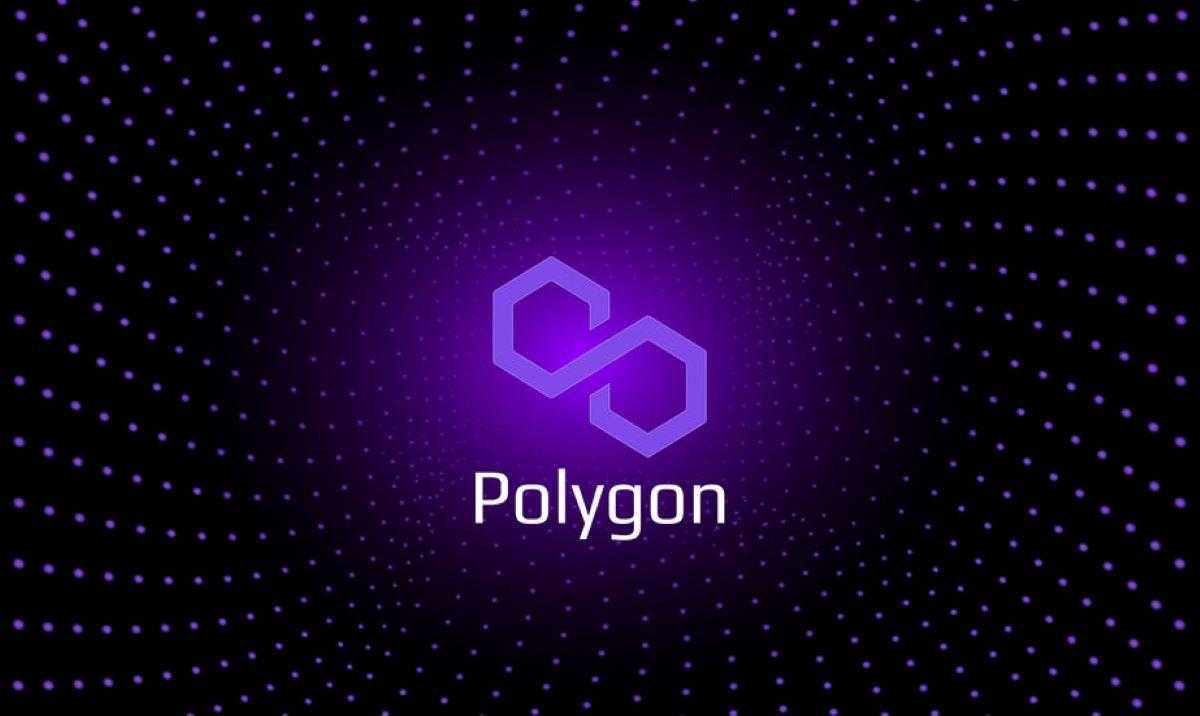Polygon, a layer-2 scaling protocol for Ethereum, has launched its zero-knowledge decentralized identity solution, Polygon ID, to the public. The service uses zero-knowledge proofs to enable users to verify their identity online without the need for sensitive information to be passed or potentially stored with a third party. The public release of Polygon ID comes almost a year after it was launched in a closed-source environment in late March 2022.
Zero-Knowledge Technology for Decentralized ID Frameworks
Polygon ID is different from other decentralized ID frameworks in that it uses zero-knowledge technology. This allows users to verify their identities or other credentials without revealing sensitive information. The public release of Polygon ID introduces four new tools to the Polygon ID toolset: Verifier SDK, Issuer Node, Wallet SDK, and Wallet App. These tools will enable Polygon developers to integrate decentralized identity into their applications.
Also Read: Polygon Network Records $11.4M Daily Trading Volume on OpenSea
Using Off-Chain Credentials for Trustless On-Chain Verifications
Users will be able to produce zero-knowledge proofs using off-chain credentials such as their passport, national ID, or degree to interact with smart contracts and verify information on-chain. This means that off-chain data can now be used for trustless on-chain verifications in the widely-supported Verified Credential format. Polygon claims that it is the first ZK-based digital ID tool that allows users to hold credentials locally on handheld devices such as smartphones. Users will no longer need passwords, as passwordless logins exchange encrypted verifiable credentials by scanning a QR code or connecting to a desktop wallet.
Improved Security and User Experience
According to the co-founder of Polygon ID, David Schwartz, the product was built on the latest decentralized identity standards. This will help protect developers and users against unauthorized access from third parties. Many projects have committed to integrating Polygon ID upon launch, including web3 infrastructure provider Kaleido, ID verification solution Fractal, and Web3 community management system Collab.Land. The Sandbox and Guild.xyz are also in the process of integrating Polygon ID.
Price Increase of MATIC
After the news of the public release of Polygon ID, the price of Polygon’s native token, MATIC, increased 2.5% from $1.22 to $1.25 in a matter of hours before falling back to $1.23.
Following the news, it is expected that the implementation of Polygon ID will lead to improved security, a better user experience, and greater productivity for system administrators. It will also help address the issue of digital trust, which has been a problem for many decentralized ID frameworks.
Source is cointelegraph.com


